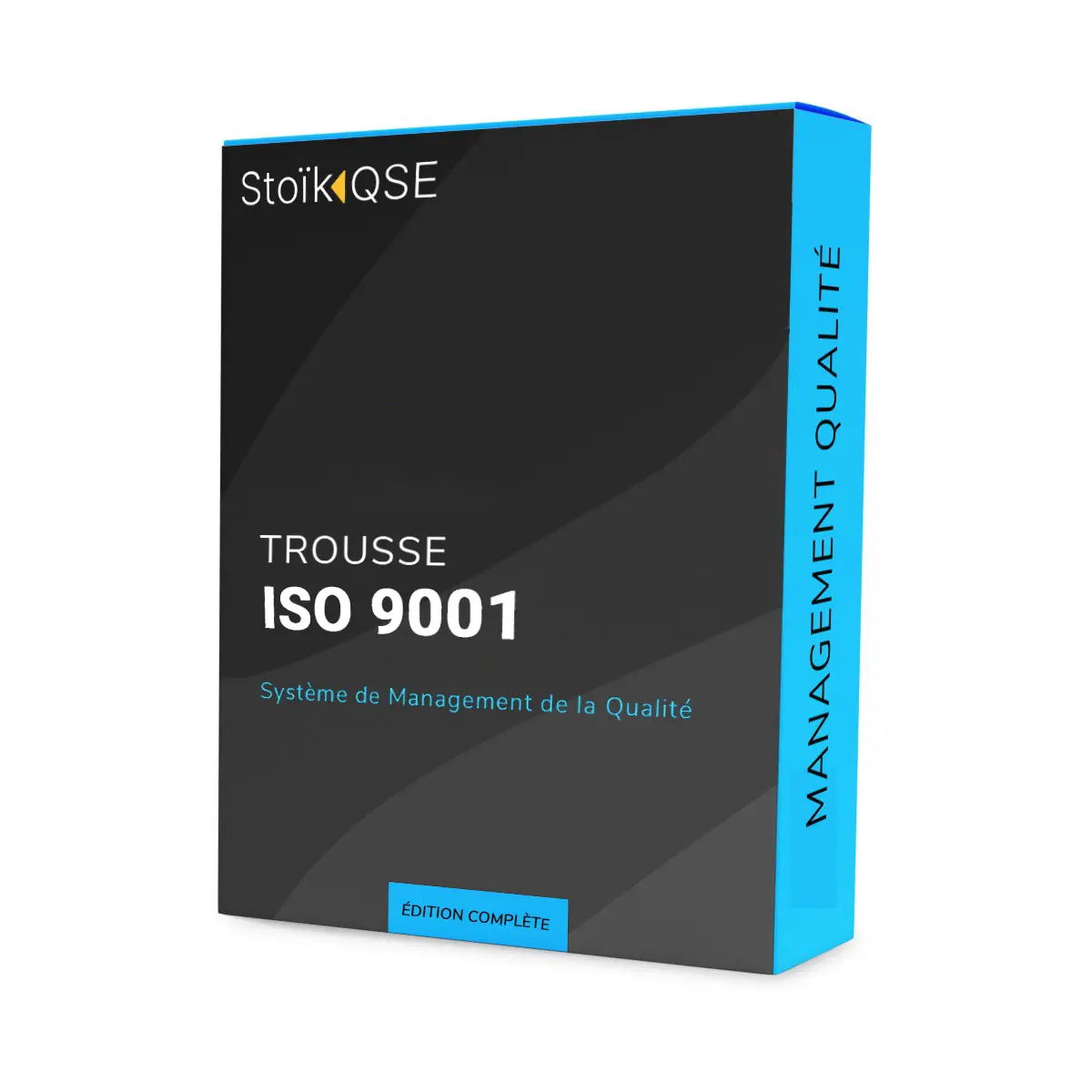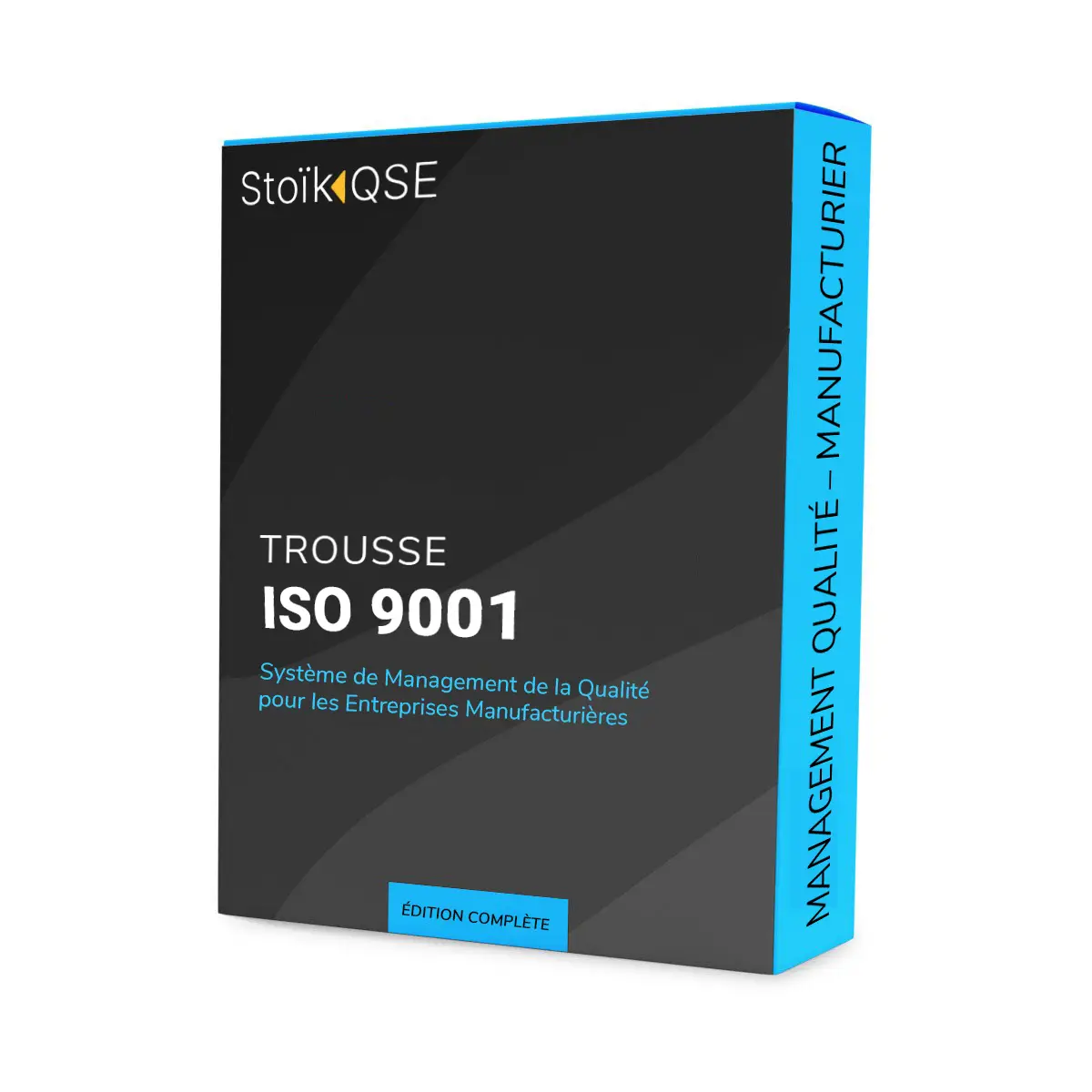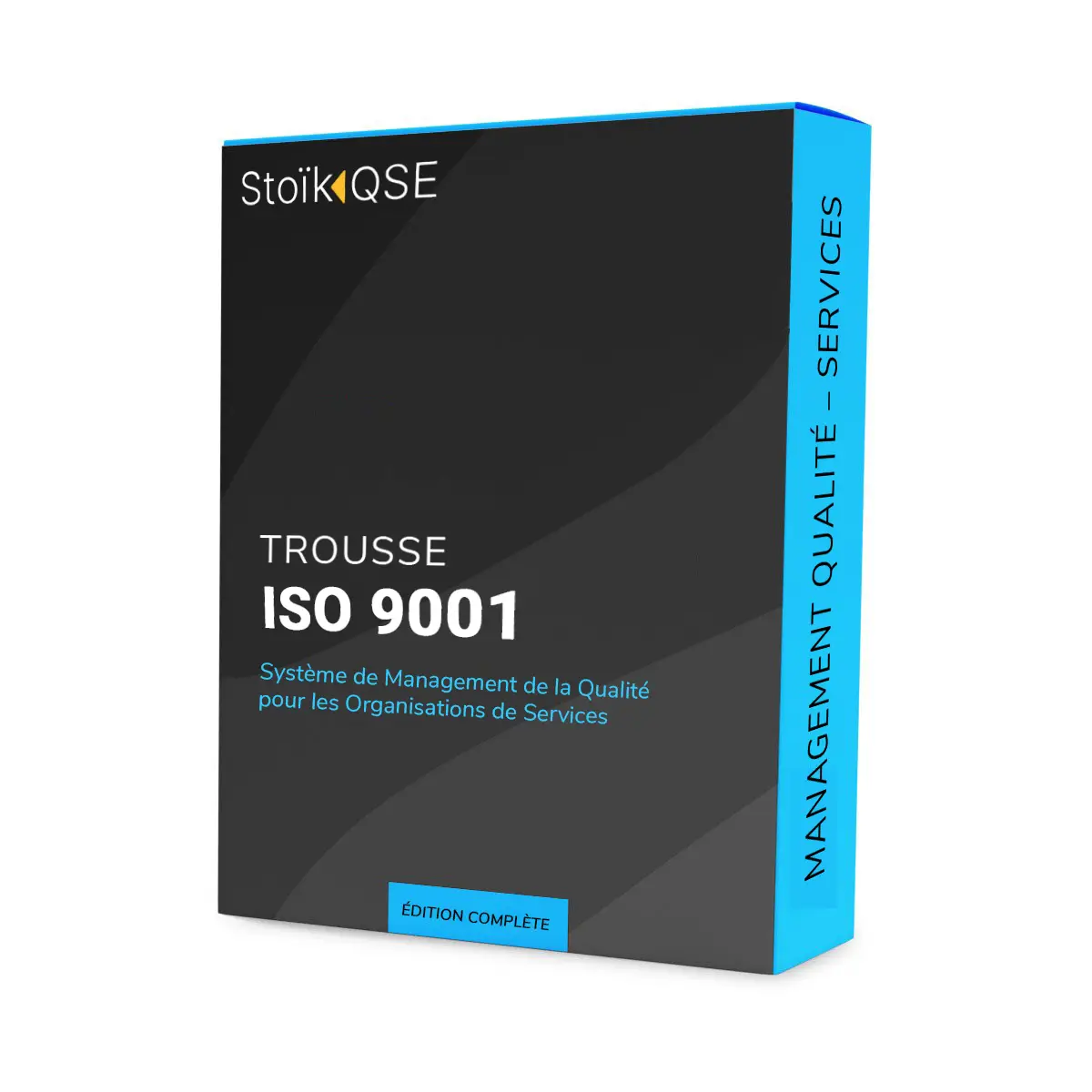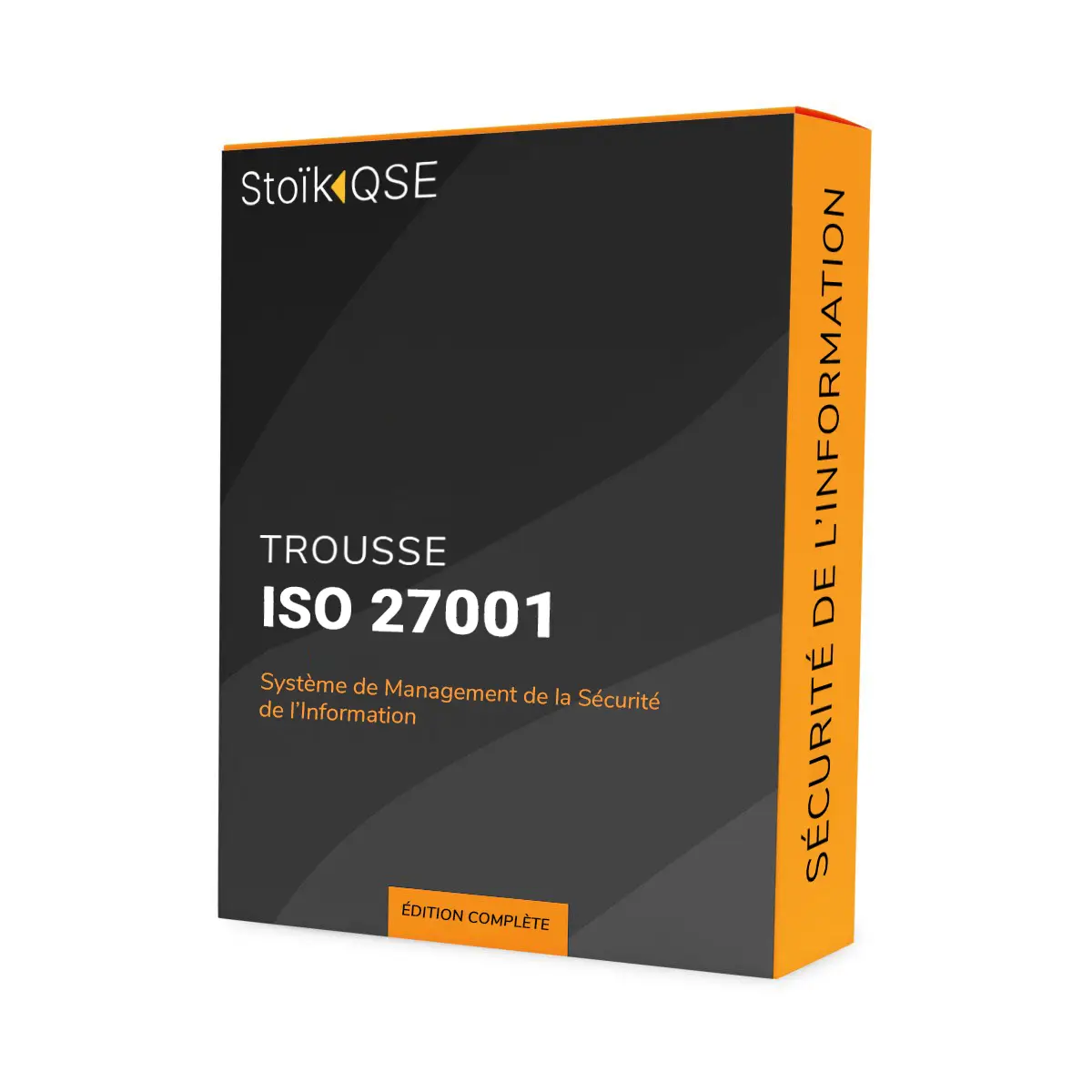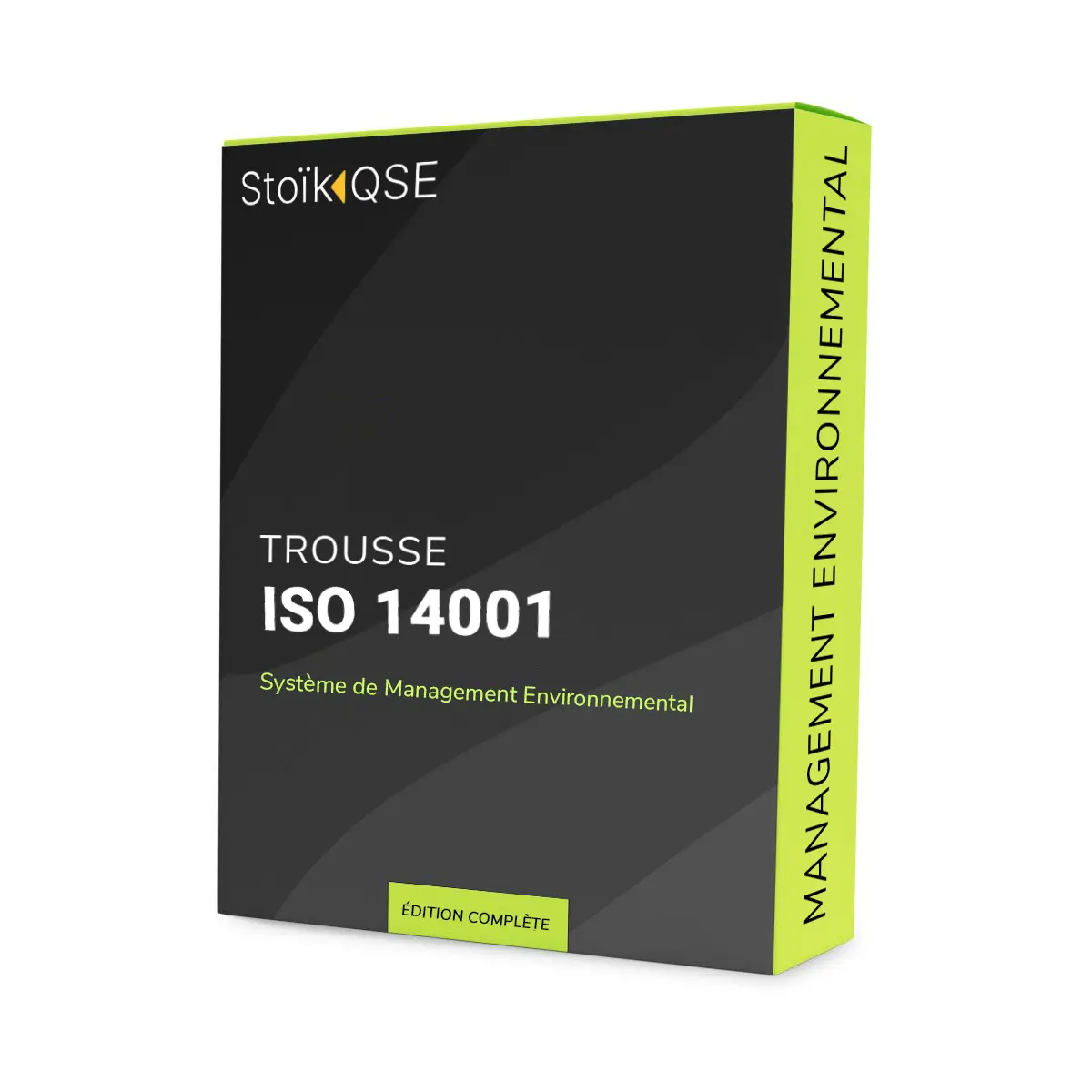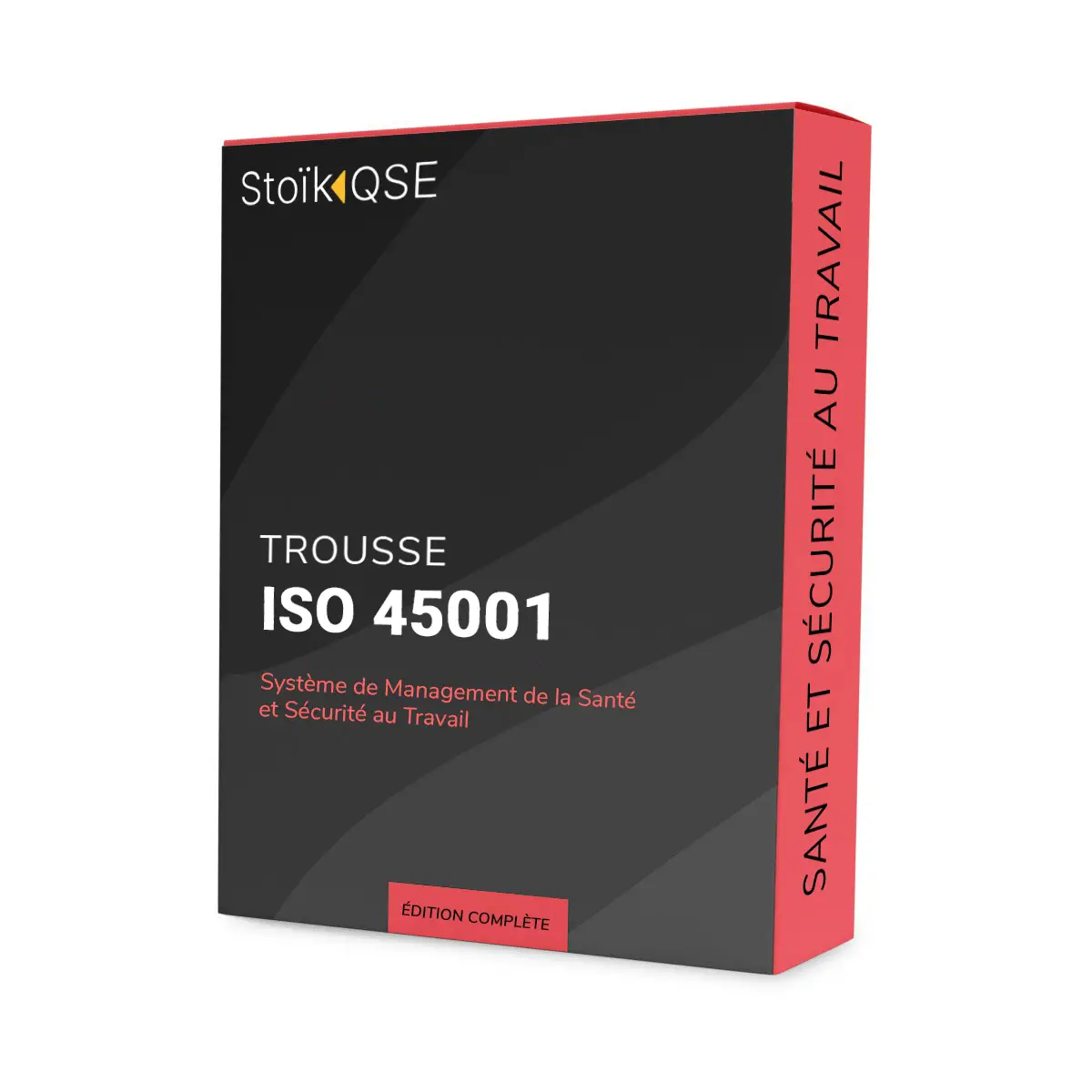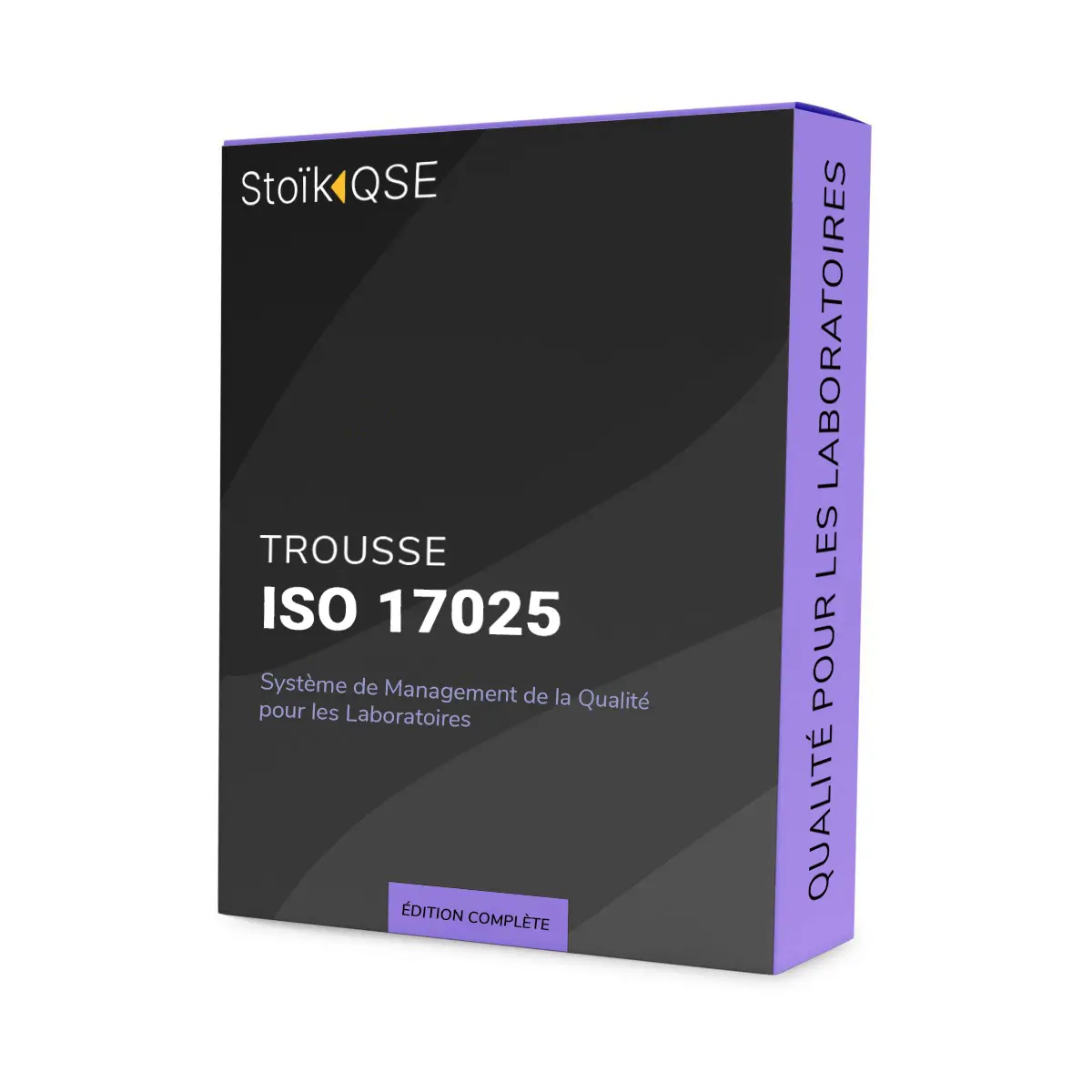Is outsourcing your internal audits the best choice for your company? A comparative approach
As an ISO expert, I understand the crucial importance of compliance with ISO standards to protect certification, often demanded by certain clients. However, I firmly believe in the added value of an internal audit, far beyond simply maintaining certification. Several of our customers, anxious to maintain their gains, have chosen to continue their internal audit programs, even without renewing their ISO certification. This has enabled them to preserve the gains in efficiency, quality and performance achieved through regular audits.
In this article, we’ll explore the advantages and disadvantages of using an in-house auditor versus a specialized external consultant. We’ll also look at why internal auditing remains an essential tool for maintaining your company’s achievements, even without certification.
Advantages and disadvantages : In-house auditor vs. Specialized consultant
The following table summarizes the main criteria to be taken into account:
| CRITERION | INTERNAL AUDITOR | SPECIALIZED EXTERNAL CONSULTANT |
|---|---|---|
| EXPERTISE AND KNOWLEDGE |
✔ In-depth knowledge of internal processes and the company’s specific business. ❌ Limited knowledge of ISO standards, requiring ongoing training to keep up to date. |
✔ S harp, up-to-date expertise on ISO standards, with diversified experience. ❌ More limited knowledge of internal company processes, requiring an adaptation phase. |
| OBJECTIVITY AND INDEPENDENCE |
✔ Knowledge of team and culture, facilitating communication and acceptance of recommendations. ❌ Risk of bias due to proximity to operations and colleagues. |
✔ Total objectivity and independence, essential for identifying weaknesses without bias. ❌ Less integrated into the company, which can reduce adherence to recommendations. |
| COST |
✔ Lower initial cost, as the auditor is already an employee of the company. ❌ Risks of non-compliance that can lead to high costs in the long term. |
✔ Potential long-term profitability thanks to rigorous compliance and more efficient audits. ❌ Higher initial cost. |
| AVAILABILITY AND FLEXIBILITY |
✔ Always available on site for audits or spot checks. ❌ Risk of work overload, limiting ability to carry out in-depth audits. |
✔ Flexible on demand, allowing management adapted to specific needs. ❌ Dependence on consultant availability, requiring advance planning. |
| TRAINING AND DEVELOPMENT |
✔ Development of internal skills, reinforcing the company’s autonomy. ❌ Requires ongoing training to remain competent in ISO standards. |
✔ Consultant trains internal teams during audits, contributing to internal skills development. ❌ Skills transfer may depend on the time allocated to training during the assignment. |
| APPLICATION OF BEST PRACTICES |
✔ Knowledge of company-specific practices, facilitating the identification of suitable improvements. ❌ Limited by current company practices. |
✔ Introduction of external best practices, often more innovative and effective. ❌ Less in-depth knowledge of internal specificities, risk of proposing practices less suited to the company’s culture or realities. |
The importance of training for internal auditors
If you decide to employ an internal auditor, it’s essential to provide solid training to ensure that the audit is carried out efficiently and in compliance with standards, but above all that it adds value, rather than representing a futile exercise to meet an ISO requirement.
There are many excellent training resources on the market covering the technical aspects of ISO standards. At Stoik, we go one step further by complementing our training courses with practical tools developed over several years, such as detailed processes and checklists. These tools are designed to facilitate the practical application of the knowledge acquired and maximize the effectiveness of your internal audits.

Audit process
Internal audit process mapping improves clarity, efficiency and compliance by providing an accurate overview of key stages. It also facilitates team training.

Audit checklists
Our ISO audit checklists ensure your compliance while simplifying your internal audits, helping you to spot non-conformities quickly and seize opportunities for improvement. Audit like a pro!
Conclusion
The choice between an in-house auditor and a specialized external consultant depends on your company’s specific needs. Whatever your choice, however, it’s essential to recognize the value of internal audits beyond mere compliance. Even without certification, a well-structured internal audit program helps to maintain gains in quality, efficiency and performance. This makes it an indispensable tool for any company wishing to sustain improvements and remain competitive over the long term.
If you would like to find out more about our auditing services or training programs, please contact us. We’re here to help you make the best choice for your business.





